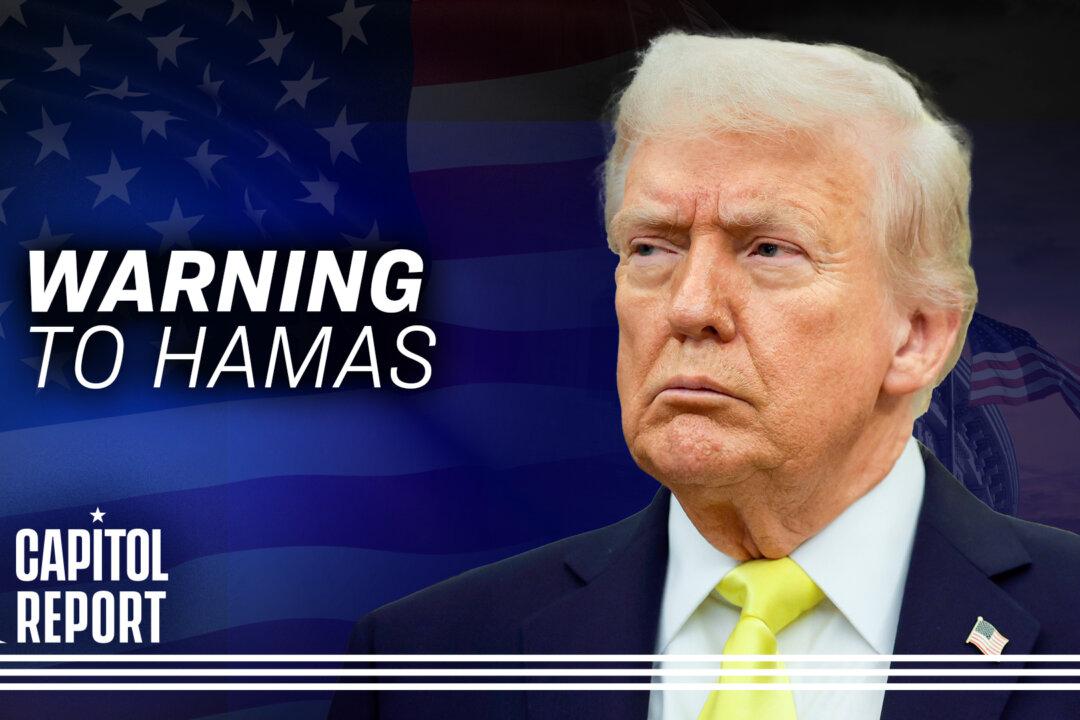Chinese authorities have sentenced university professor Liu Pengfei to two years in prison for hosting a blog and a forum on the popular social media platform WeChat for users to discuss current affairs, Chinese media recently confirmed.
The charges Liu was sentenced with remain unclear. He will be released in April 2020.
As of 2017, the WeChat forum has reposted more than 20,000 articles on current affairs, according to Radio Free Asia (RFA). Many touched upon topics deemed “politically sensitive” by Beijing, such as the Tiananmen Square Massacre, analysis of Party factional infighting, and international governments’ criticisms of the Chinese regime.
Crackdown
On Sept. 6, 2017, police arrested Liu and raided his home in China, according to Chinese media reports.The following day, China’s top internet censorship authority, the Cyberspace Administration of China, issued new regulations, stipulating that creators of online forums and group chats would be held accountable if there are “inappropriate” comments made by users.
Web administrators like Liu have since been punished, including with account closures, verbal warnings from local police, or arrests and detentions.
Messages sent between individuals, especially ones shared in popular chat groups, have come under extensive monitoring by China’s internet police since the regulations were put in place.
Background
Liu holds a doctorate in technical physics and applied chemistry from China’s prestigious Peking University, and has studied at the Nuclear Research Institute at the leading Tsinghua University, according to Chinese media.Given the large following of “Global Report,” local authorities tried to keep Liu’s sentence under wraps, and had pressured his family not to contact media or rights lawyers, RFA reported.
Liu first started his forum around the time the pro-democracy “Umbrella Movement” in Hong Kong took off. Beijing had launched a nationwide campaign to censor any news about the massive protests, in order to maintain “social stability.”
Meanwhile, recent protests in Hong Kong against a controversial extradition bill that would allow suspects to be charged and face trial in mainland China, have again prompted Chinese authorities to clamp down on internet speech.





